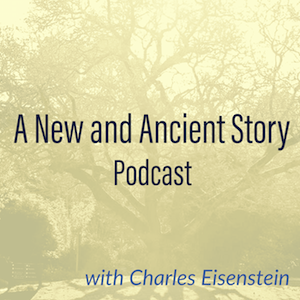Climate Change & Colleges – How Campuses & Students Are Helping to Save the Planet
“Humans played a big role in the changes to the earth’s climate over the last century, and scientists predict catastrophic problems if climate change goes unchecked. America is the second largest contributor to carbon dioxide in the world but accounts for only 4.4% of the global population, which means people in the U.S. can make great strides in the fight against climate change with the right tools, information, and resources. College is a great place to start, and there are many opportunities for involvement as a student. See what climate change experts have to say on the matter and learn more about the different ways you can get involved on campus and beyond.”
Read More

